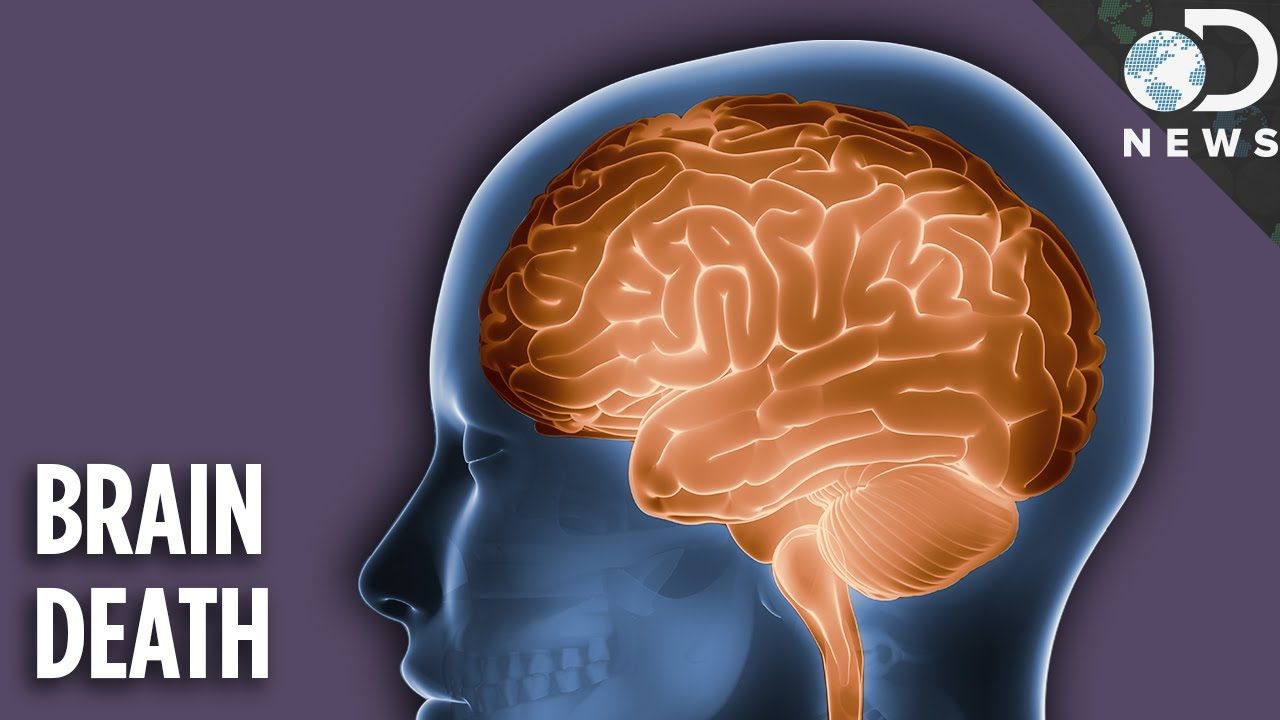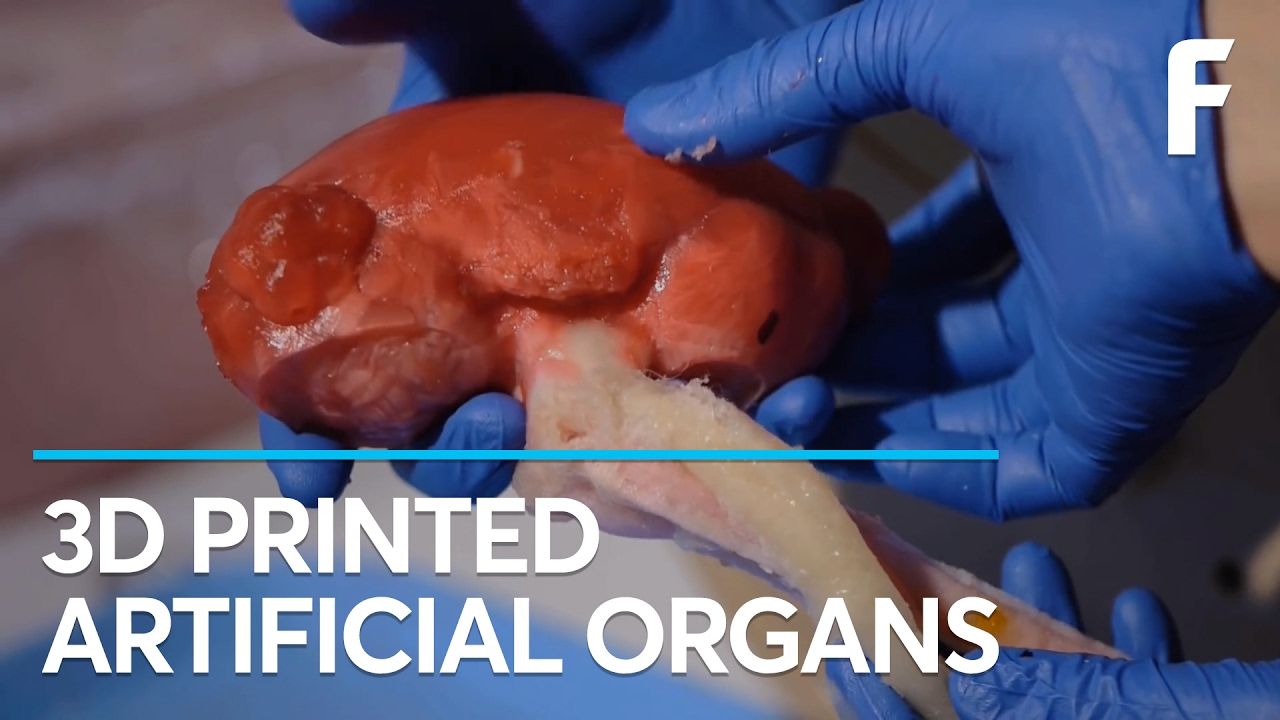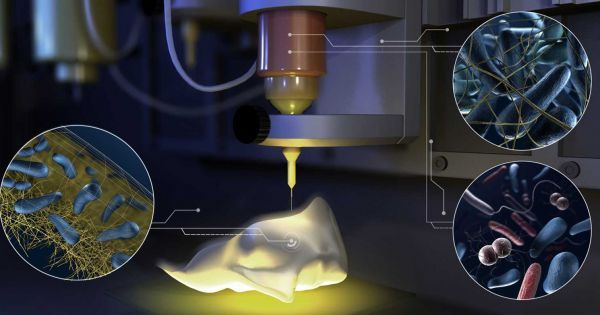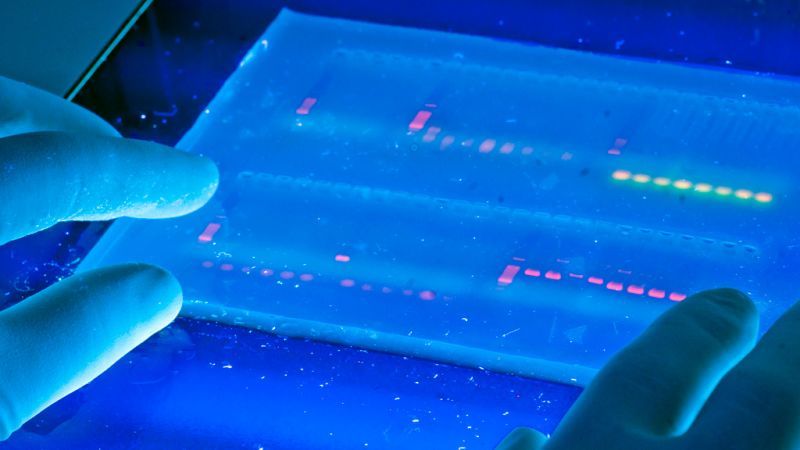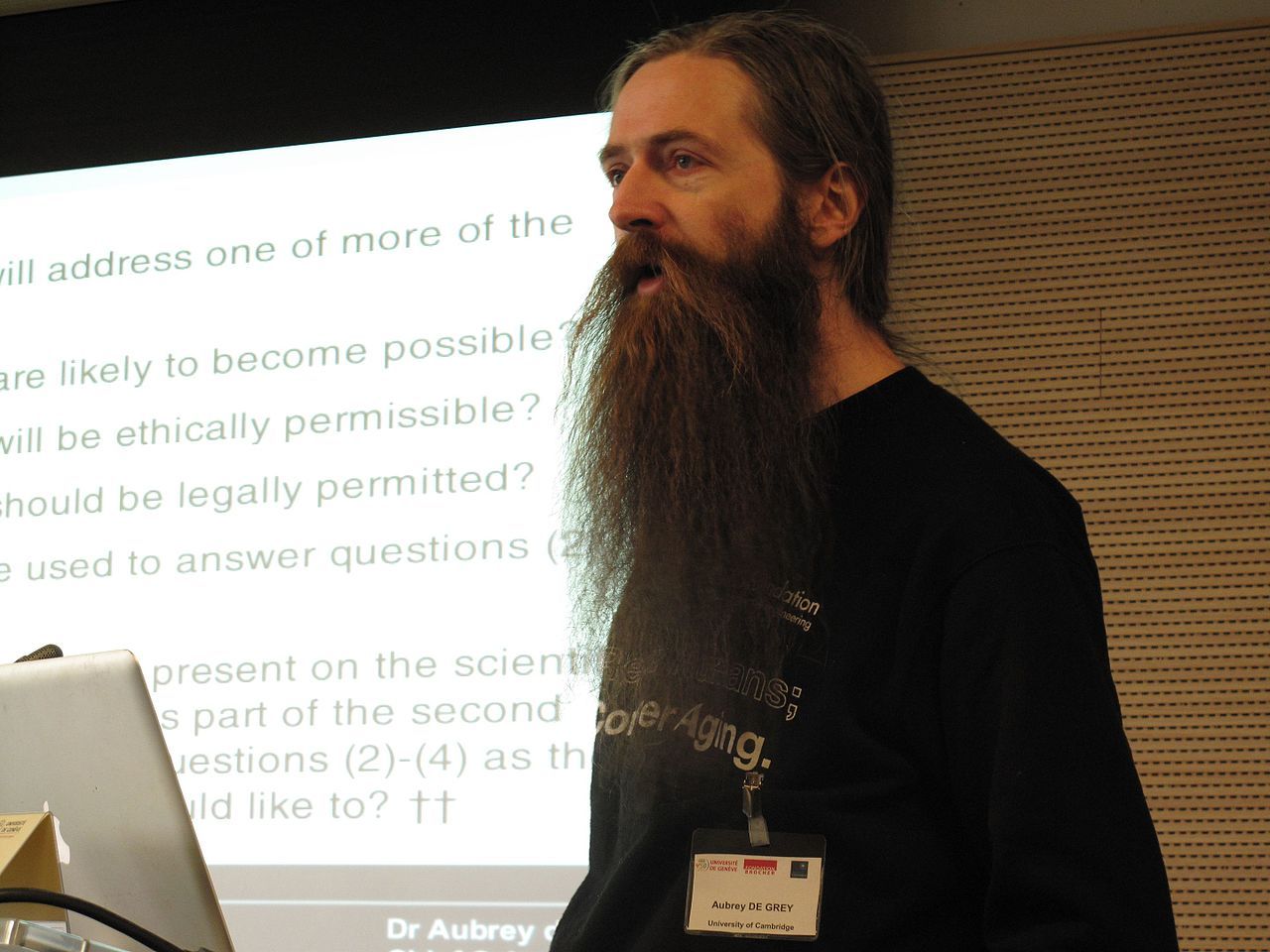Dec 8, 2017
Science Is Starting to Explore the Gray Zone Between Life and Death
Posted by Shailesh Prasad in categories: biotech/medical, neuroscience, science
Biologist Mark Roth, at Seattle’s Fred Hutchinson Cancer Research Center, is working with animal subjects, putting them into suspended animation. The idea is that a patient who is in medical crisis could be put into a suspended state like hibernation, until he or she could be stabilized and in this way, get past it.
Though we tend to expire when the oxygen level is low, many animals go into a suspended state in extremely low oxygen environments. In the lab, one must enter into such an environment quickly. Roth is currently working with nematodes—a kind of roundworm—and expects to eventually work up to humans.
Continue reading “Science Is Starting to Explore the Gray Zone Between Life and Death” »
